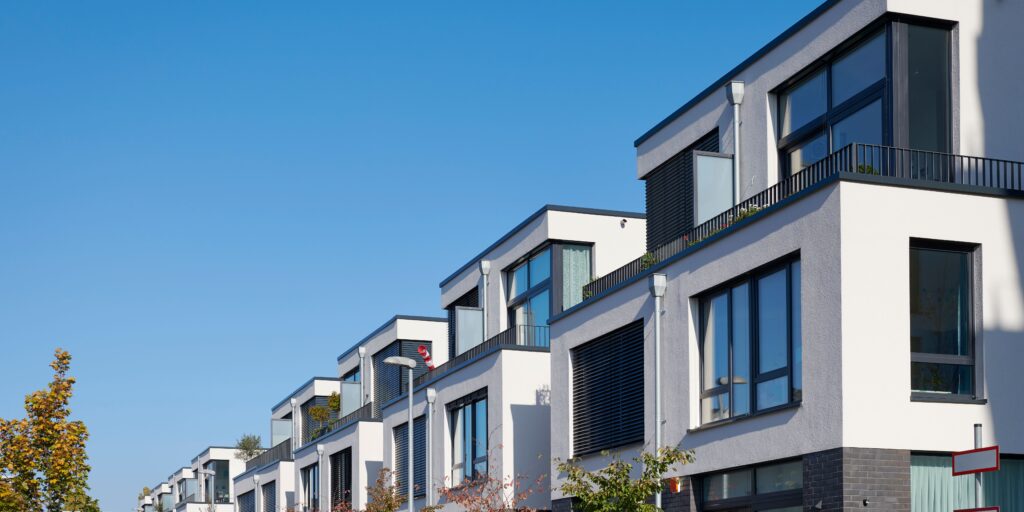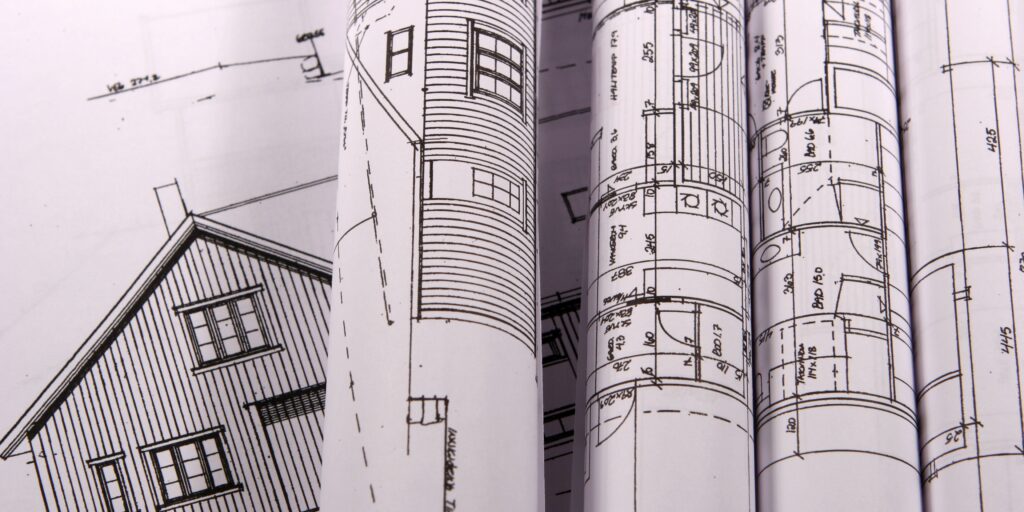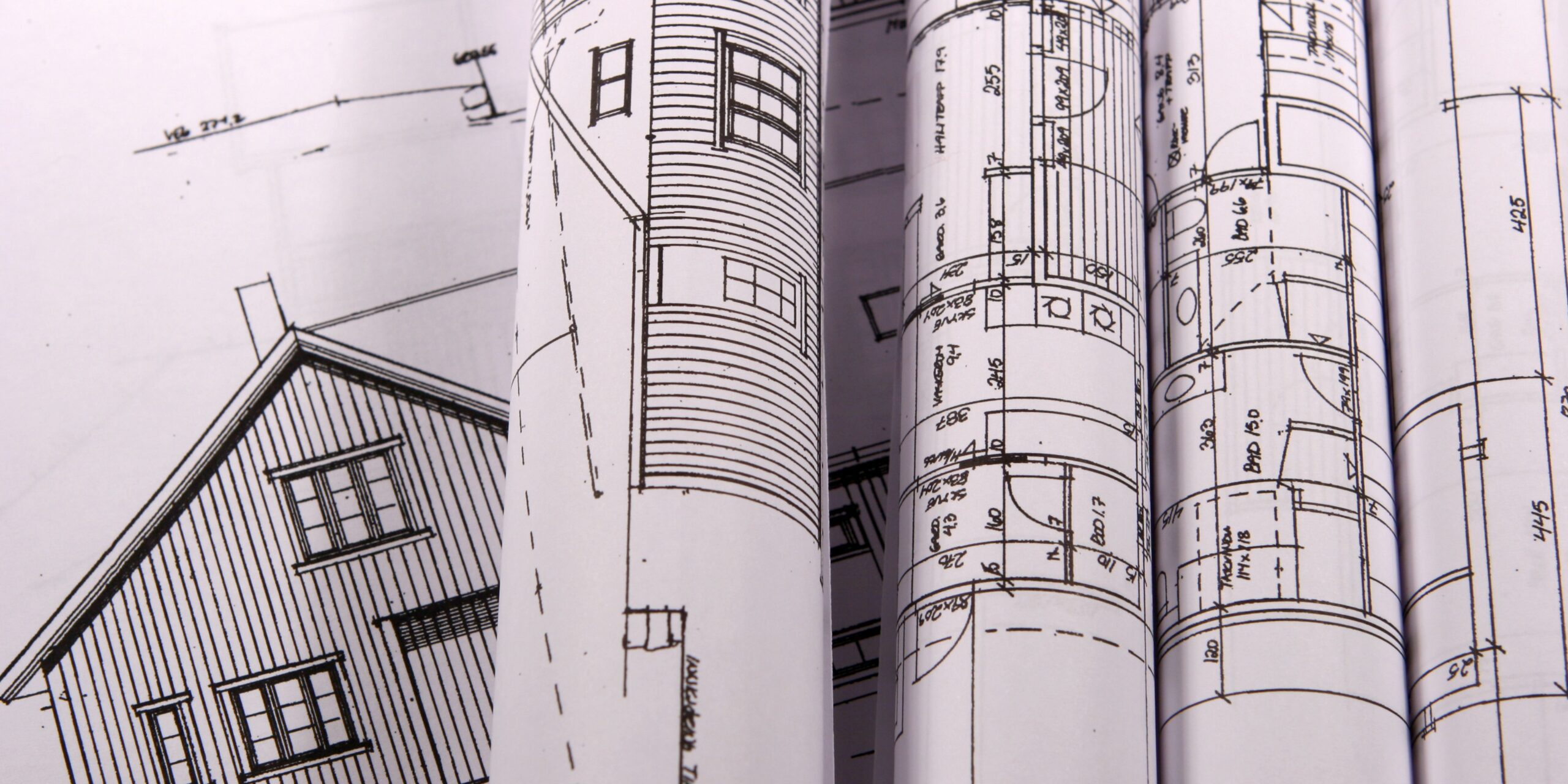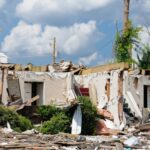You should always put the safety of your house and belongings first as a homeowner. Despite the fact that you may have taken precautions to protect your house from common dangers like fires and burglaries, have you given any thought to the risks posed by geo hazards? Homes can be severely damaged by natural disasters like earthquakes, landslides, and floods, placing the lives of the residents at risk. We’ll go over some of the most important ways to shore up your house to make it more resistant to these threats.
Learning About Natural Disasters
The term “geohazards” is used to describe any hazard that originates from the earth and poses a threat to human life, property, or infrastructure. They can have local or worldwide effects and have many potential causes in the earth, water, and air. Common geo risks include earthquakes, landslides, floods, volcanoes, and sinkholes.
Damage to a home’s structure, foundation, or water supply can result from these kinds of hazards. The first step in protecting your home investment is learning about the geo hazards that are most common in your region.

Finding the Dangers That Could Happen
In order to learn about the geo hazard risks in your region, it is wise to check with local authorities and geological surveys. You can find out from them what kinds of natural disasters are most likely to strike your area and how to best plan for them. You can learn more about what has happened in your region in the past by reading local news reports and looking at records from that time period.
Important Advice for House Repairs
The time has come to take precautions to safeguard your house after you have identified local threats. If you want to protect your house or investment from natural disasters, consider the following home improvement suggestions.
Protecting your house from natural disasters requires that you invest in upgrades to the structure’s foundation. Some examples of possible foundation upgrades include retrofitting or strengthening the base with steel or other reinforcement materials.
In order to protect your house from the elements, you should reinforce the roof. Roofs can be protected from wind, hail, and flying detritus by being reinforced with metal or asphalt shingles.
Protecting windows is important because they are easily broken by wind or debris and can let in water or other factors that can exacerbate the damage. The installation of impact-resistant windows or the addition of curtains can provide some protection against these dangers.
The effectiveness of your home’s water draining system is crucial in preventing flooding and other water damage. Water damage can be avoided by keeping an eye on the state of your gutters, downspouts, and grading.
Some geohazards, like floods, can be avoided through careful planning and implementation of landscaping features. The likelihood of landslides and other dangers can be diminished by implementing measures such as ensuring adequate drainage, keeping vegetation, and avoiding steep slopes.

Employing Experts
Some repairs and renovations around the house can be done by the homeowner without the help of experts, but when it comes to geohazards, it’s critical to get their input. If you want to make sure your renovations are efficient and up to code, hiring a contractor or engineer with experience in geo hazard mitigation is a smart move.
Verify the contractor’s or engineer’s references, expertise, and credentials before hiring them. They should be well-versed in the various geo hazards that are common in your area and able to advise you on the most effective preventative measures to take for your house.
Conclusion
It is crucial to shield your house from geo hazards in order to secure your investment and protect your family. You can greatly lessen the likelihood of damage from natural disasters by learning about the types of hazards that are most common in your area and implementing the required home improvement measures. With the assistance of experts, you can rest easy knowing that your house is ready for any geohazards that may strike. Be sure to keep up with any necessary repairs or updates to your home’s geo hazard safeguards to ensure they continue to function properly over time. When you take these precautions, you can rest easy knowing that your house and family are safe investments.
The above-mentioned essential home improvement guidelines are just the beginning of what homeowners can do to safeguard their investment from the effects of natural disasters. If you reside in a region prone to earthquakes, for instance, it is a good idea to anchor your water heater and install earthquake-resistant bracing on your home’s foundation. It is also a good idea to reinforce the walls and ceiling of your house with plywood or other materials to lessen the likelihood of collapse.
If you live in a flood-prone region, you can protect your home’s foundation by installing flood vents. The floodwater can easily enter and exit the foundation through these openings, relieving pressure on the walls and reducing the potential for structural damage.
When planning to safeguard your house from geohazards, insurance is another crucial factor to think about. If you own a home, you should check your homeowner’s insurance policy to make sure you are adequately covered in the event of a natural catastrophe. For instance, flood damage is usually not covered, and earthquake insurance is typically purchased separately.
You should also make preparations for your family in case of a natural catastrophe. You should have a well-stocked emergency kit with food, water, and first aid supplies, as well as a plan for what to do in the case of an emergency.
Finally, keep in mind that preventing damage to your house from natural disasters is a continuous task. The dangers facing your house will fluctuate as the years go by, depending on variables such as weather. Making sure your home is well-protected requires regular checks and updates to security measures, knowledge of local risks, and consultation with experts as required.
Ultimately, if you want to be a responsible landowner, you need to take steps to safeguard your property from potential geohazards. In order to protect your home and loved ones, it is important to be aware of the specific dangers that are most common in your region and to implement measures to counteract them. You can rest easy knowing that your home is protected from any natural catastrophes that may strike if you get expert assistance and do your best to stay informed and prepared.





